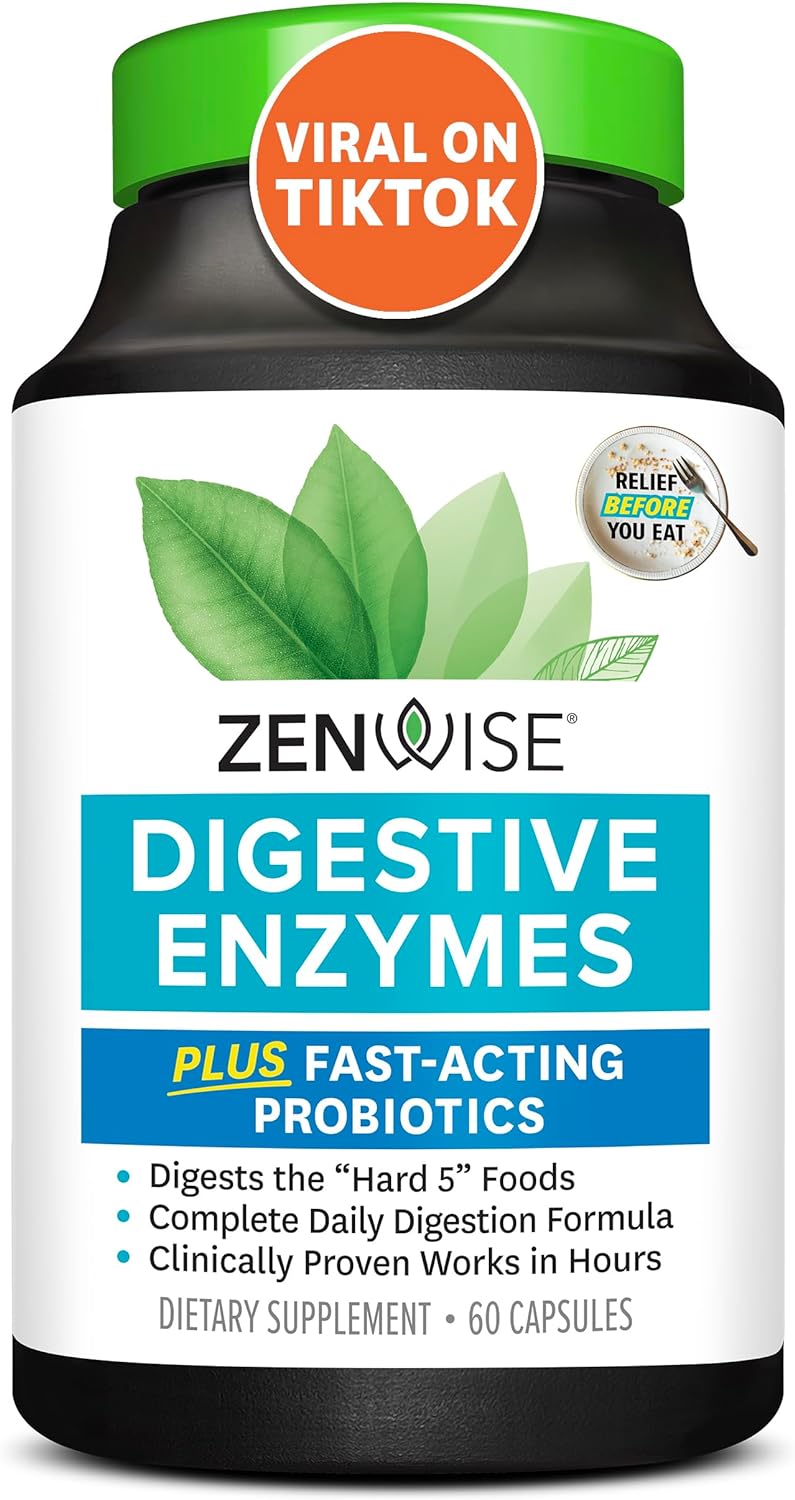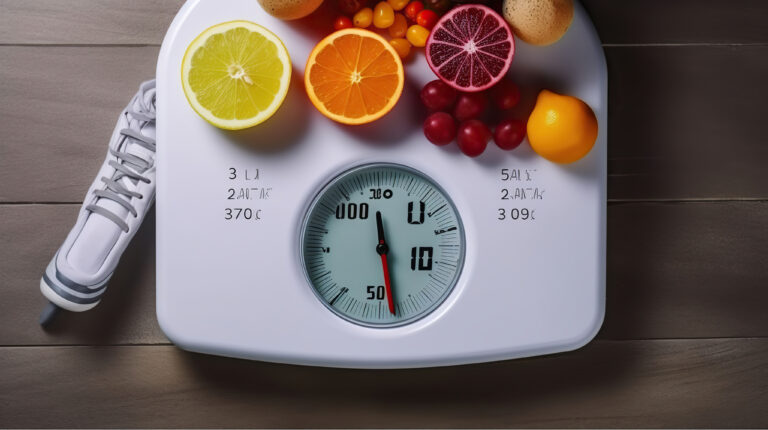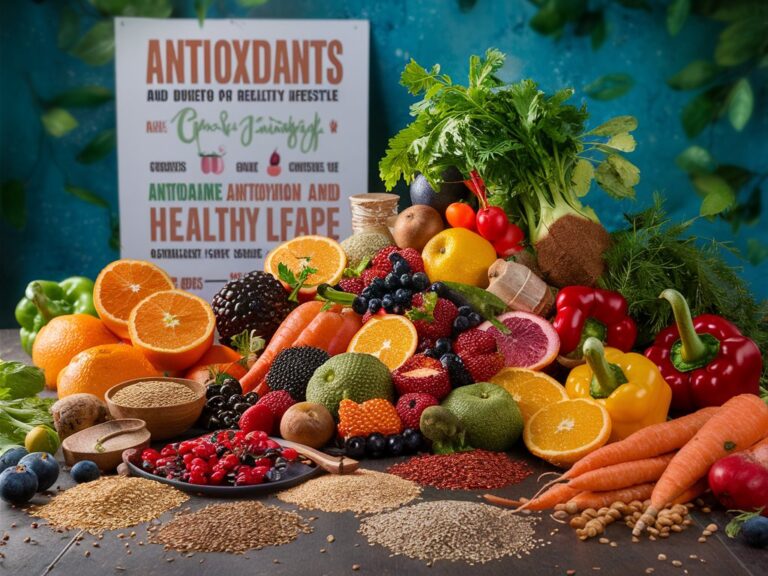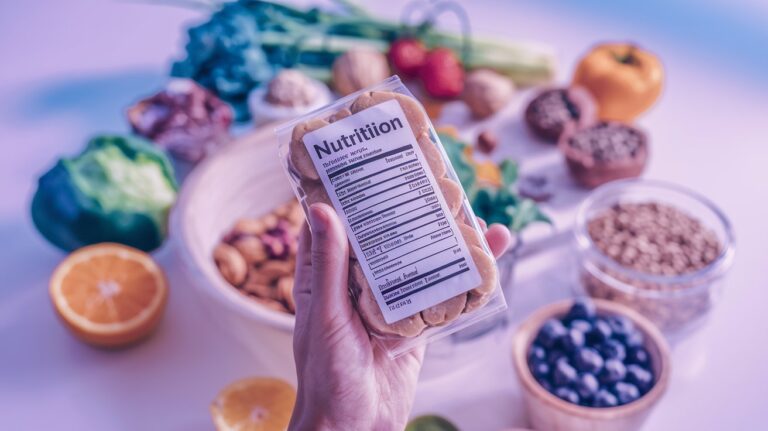Introduction
Are you looking to optimize your digestive health and boost your immune system? Look no further than probiotic and prebiotic foods, which play a crucial role in maintaining a healthy gut. Probiotics are beneficial bacteria that promote a healthy balance of gut flora, while prebiotics are non-digestible fibers that fuel the growth of these bacteria.
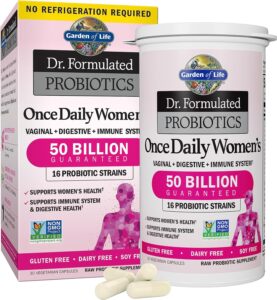
By incorporating a variety of probiotic and prebiotic foods into your diet, you can support your body’s natural processes and improve your overall well-being.
In this blog post, we will explore the importance of probiotic and prebiotic foods, as well as provide a comprehensive list of products that can help you achieve optimal digestion and immunity.
Whether you’re a health-conscious individual or simply looking to improve your gut health, Probiotic and Prebiotic are a must-have for anyone looking to maintain a healthy lifestyle.
Understanding Probiotic and Prebiotic
Probiotics are live microorganisms that, when consumed in adequate amounts, offer various health benefits. Probiotic and Prebioticare are often referred to as “good” or “friendly” bacteria, and are essential for maintaining a healthy balance in the gut microbiome.
Probiotics can be found in certain foods and supplements, and they are known for their positive impact on digestion and immunity.
Definition and Health Benefits
Probiotics play a crucial role in maintaining a healthy gut microbiome, which is essential for optimal digestion and immunity. They help in restoring the natural balance of gut bacteria, which can be disrupted due to factors such as poor diet, stress, or the use of antibiotics.
Consuming probiotics has been associated with various health benefits, including improved digestion, enhanced nutrient absorption, and strengthened immune function. Research also suggests that probiotics may help in reducing inflammation, alleviating symptoms of certain digestive disorders, and even promoting mental well-being.
Key Probiotic and Prebiotic Foods and Supplements
Probiotic foods and supplements are important sources of these beneficial microorganisms. Fermented foods such as yogurt, kefir, sauerkraut, and kimchi are rich in probiotics and can be easily incorporated into the diet.
Additionally, there are a variety of probiotic supplements available in the market, including capsules, powders, and liquids. These supplements can be particularly useful for individuals who may have difficulty obtaining an adequate amount of probiotics from food sources alone.
Supplements can provide a concentrated dose of probiotics, making them a convenient option for those looking to support their gut health. When choosing probiotic supplements, it is important to select those that contain a diverse range of bacterial strains, including Lactobacillus and Bifidobacterium, which are known for their beneficial effects on the gut microbiome.
The Role of Prebiotics
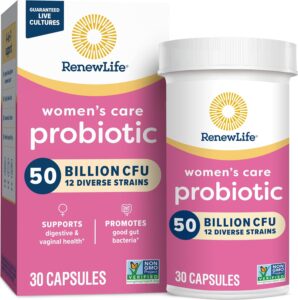
Obviously, when it comes to gut health, we often hear a lot about probiotics. However, prebiotics play an equally important role in supporting a healthy digestive system and overall immunity.
In this chapter, we will explore the role of prebiotics in maintaining gut health and how to incorporate them into your diet.
How Prebiotics Support Gut Health
Supporting the growth and activity of beneficial bacteria in the gut, prebiotics act as a source of nourishment for these microorganisms.
By promoting the proliferation of good bacteria, prebiotics help maintain a healthy balance of microflora in the digestive system. This can lead to improved digestion, better nutrient absorption, and enhanced immunity.
Top Prebiotic Foods to Include in Your Diet
Any optimal gut health regimen should include a variety of prebiotic foods. Some of the top prebiotic foods to incorporate into your daily diet include garlic, onions, leeks, asparagus, bananas, and chicory root.
These foods are rich in fiber and other nutrients that serve as a fuel source for the beneficial bacteria in your gut, promoting a healthy balance of microflora and overall digestive wellness.
Synergy of Probiotics and Prebiotics
To achieve optimal gut health, it is essential to understand the synergy between probiotics and prebiotics. Probiotics are live beneficial bacteria that help maintain a healthy balance of gut microbiota, while prebiotics are non-digestible fibers that act as food for these beneficial bacteria.
When combined, probiotics and prebiotics work together to promote a well-balanced gut microbiome, leading to improved digestion and strengthened immunity.
Creating a Balanced Probiotic and Prebiotic
Creating a balanced gut microbiome is crucial for overall health and well-being. Probiotics help introduce beneficial bacteria into the gut, while prebiotics provide the necessary nourishment for these bacteria to thrive. This balance is essential for maintaining a strong immune system and promoting efficient digestion.
Incorporating Probiotics and Prebiotics Together
An effective way to improve gut health is by incorporating probiotics and prebiotics together in your diet. Probiotics can be found in fermented foods such as yogurt, kefir, and kimchi, while prebiotics are abundant in foods like bananas, garlic, and onions.
By including a variety of these foods in your diet, you can ensure that you are providing your gut with both beneficial bacteria and the necessary nutrients for their growth.
Prebiotics also play a crucial role in enhancing the effectiveness of probiotics, as they help create an environment in the gut that is conducive to the growth of beneficial bacteria.
Incorporating both probiotics and prebiotics into your diet can lead to a more diverse and resilient gut microbiome, ultimately leading to better digestive health and overall well-being.
Practical Guidelines for Enhancing Probiotic and Prebiotic use
Despite the complex nature of gut health, there are practical steps you can take to enhance the well-being of your microbiome. By incorporating certain daily habits and making mindful lifestyle choices, you can optimize your digestion and strengthen your immunity.
Daily Habits for Optimal Digestion and Immunity
For optimal digestion and immunity, it is essential to prioritize regular physical activity and hydration. Exercise not only promotes healthy digestion by stimulating the muscles in your digestive system, but it also plays a key role in boosting your immune function.
Additionally, staying well-hydrated supports the movement of food through your digestive tract and helps maintain the balance of good bacteria in your gut. In addition to this, consuming a variety of probiotic and prebiotic foods can further support the health of your gut microbiome.
The Impact of Lifestyle Choices on Probiotic and Prebiotic
Habits such as smoking, excessive alcohol consumption, and poor dietary choices can all have a detrimental impact on your gut health. These lifestyle choices can disrupt the balance of bacteria in your gut, leading to digestive issues and weakened immunity.
It’s important to be aware of the impact of these practices and take steps to minimize their influence on your overall well-being. By making informed choices in these areas, you can protect the delicate balance of your gut microbiome and support optimal digestion and immunity.
Digestion and immunity are closely interconnected, and lifestyle choices play a significant role in maintaining the health of your gut.
By prioritizing daily habits that support digestion and making mindful choices that minimize harmful impacts on your gut health, you can enhance the overall well-being of your microbiome and enjoy improved digestive function and a strengthened immune system.
Conclusion
Drawing together the importance of probiotic and prebiotic foods for maintaining gut health, it is clear that these essential components play a vital role in supporting optimal digestion and immunity. Probiotics help to introduce beneficial bacteria into the gut, while prebiotics provide the necessary fibers to nourish these bacteria.
By incorporating a variety of probiotic and prebiotic foods into our diets, we can promote a healthy balance of gut flora, leading to better digestion and a stronger immune system. Whether through fermented foods like yogurt and kimchi, or fiber-rich options such as bananas and oats, prioritizing gut health is essential for overall well-being.
FAQ
Q1: What are probiotic and prebiotic foods?
Probiotic foods contain live beneficial bacteria that help maintain a healthy balance of gut flora. Prebiotic foods contain fibers that serve as food for the beneficial bacteria in the gut.
Q2: Why is gut health important?
Gut health is important because a healthy gut microbiome is essential for proper digestion, nutrient absorption, and a strong immune system. It also plays a key role in mental health and overall well-being.
Q3: What are some examples of probiotic foods?
Examples of probiotic foods include yogurt, kefir, sauerkraut, kimchi, miso, and kombucha. These foods contain live probiotic cultures that can help populate the gut with beneficial bacteria.
Q4: What are some examples of prebiotic foods?
Examples of prebiotic foods include garlic, onions, leeks, asparagus, bananas, oats, and apples. These foods contain fibers that nourish the beneficial bacteria in the gut and help promote their growth.
Q5: How can probiotic and prebiotic foods help improve digestion and immunity?
Probiotic and prebiotic foods can help improve digestion by promoting a healthy balance of gut bacteria, reducing inflammation, and enhancing nutrient absorption. This, in turn, can strengthen the immune system and reduce the risk of digestive issues such as bloating, gas, and diarrhea.

